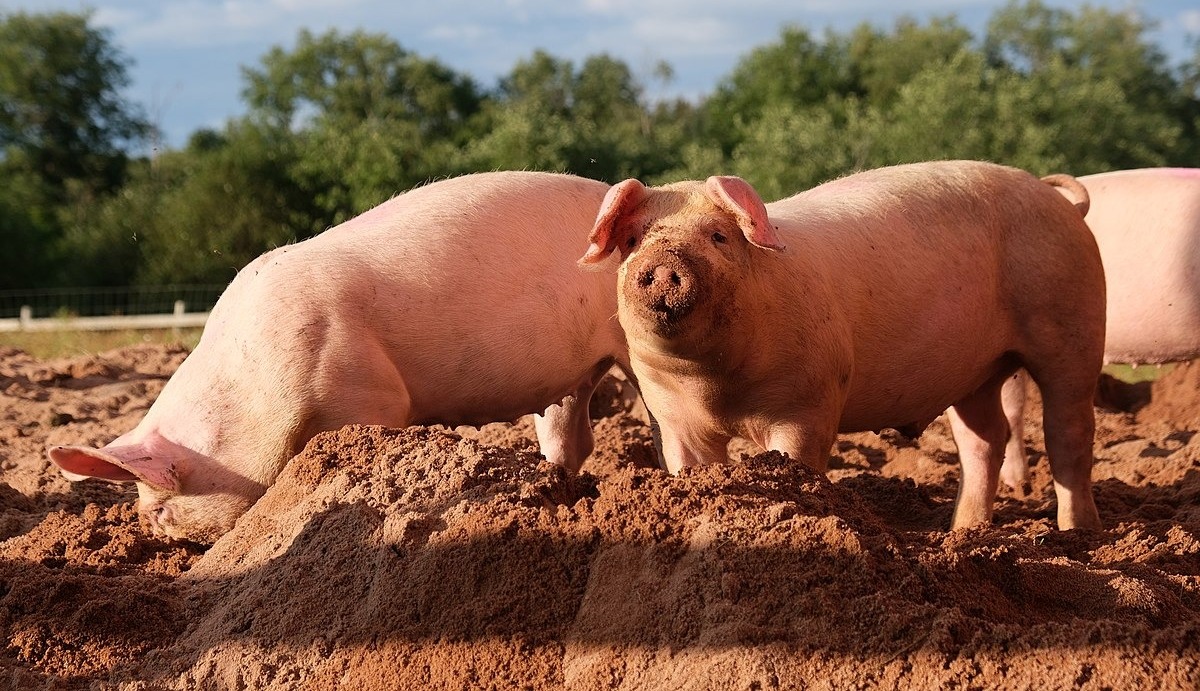In a major development, African swine fever (ASF) was detected in Thizama Village under Chiephobozou block in Nagaland’s Kohima district. After the sickness was discovered, Kohima deputy commissioner Kumar Ramnikant declared an infected zone bounded by a distance of one kilometer from the affected area. Furthermore, a surveillance zone including a 9 km radius outside the affected zone and a 10 km radius from the infected businesses has been established. Additionally, the DC banned the import, export, and slaughter of pigs and piglets. In order to contain the epidemic as soon as possible, he pleaded with the public to abide by these restrictions.
As a result of the African Swine Fever (ASF) outbreak that began in February, officials reported that over 10,050 pigs have died and over 18,300 pigs have been culled in Mizoram, causing a significant financial loss to farmers and rearers. Officials from the Mizoram Animal Husbandry and Veterinary (AHV) Department stated that although the percentage of pig mortality brought on by ASF and culling has significantly decreased recently, the outbreak is still ongoing in many regions.
The spread of this infectious disease since February has caused massive losses to pig farmers and rearers in the mountainous northeastern regions, estimated unofficially to be between Rs 23 and 25 crore. Pigs can contract the extremely contagious ASF disease, which is extremely deadly and poses a serious threat. Humans are not impacted by the illness, though. As the state’s pre-monsoon rains start and the temperature starts to rise, ASF typically happens. In the meantime, pork is one of the most widely consumed meats in the Northeast, enjoyed by both non-tribal and tribe people. Pork is highly sought after in the Northeast, where Assam accounts for the majority of the region’s yearly revenue of approximately Rs 8,000–10,000 crore.




